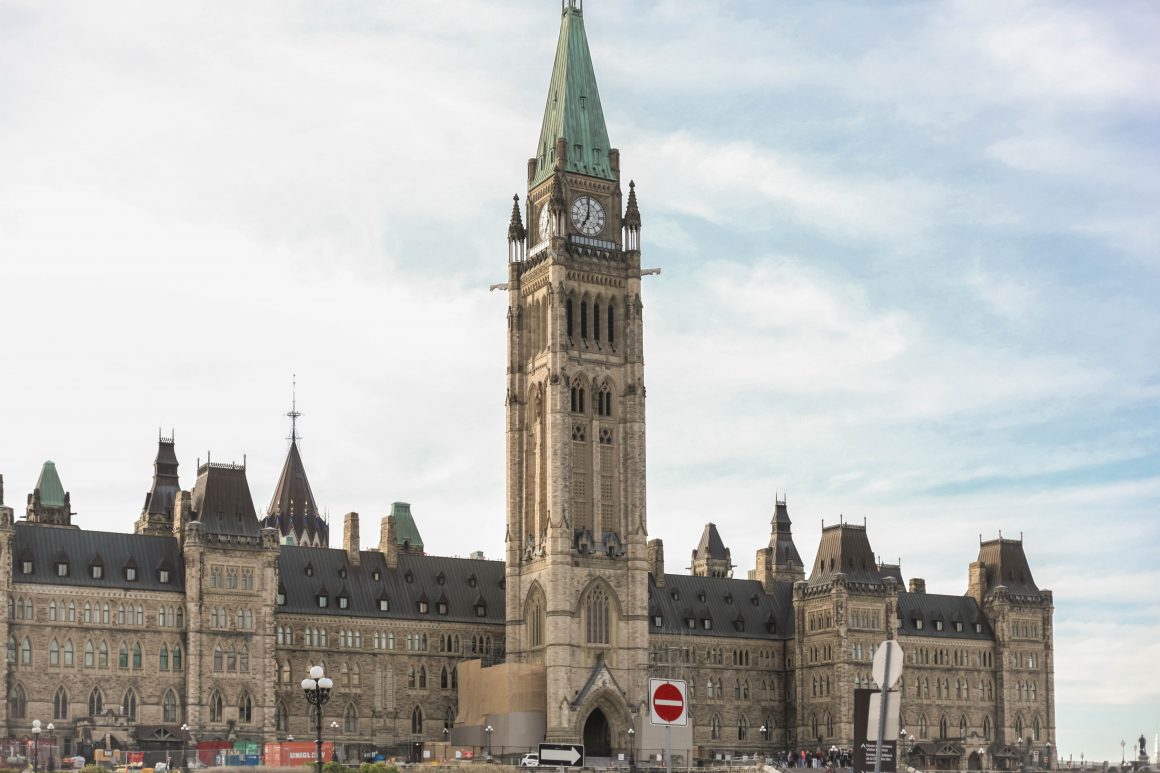
CERB opens for applications today but leaves students behind
By Kristy Koehler, April 6 2020—
The Canada Emergency Response Benefit (CERB) opens for applications today.
The benefit offers the equivalent of $500 per week for up to 16 weeks for Canadians who have been directly affected by COVID-19. While the benefit was designed to assist employed and self-employed Canadians, there’s a big problem — it largely leaves students out of the equation.
The CERB requires that recipients have an income of at least $5,000 in 2019 or in the 12 months prior to the date of their application and who have stopped working because of COVID-19 or are eligible for Employment Insurance regular or sickness benefits. The website directly states that “if you have not stopped working because of COVID-19, you are not eligible for the Benefit.”
What about students who had paid internships and co-op placements lined up for summer and have now had those opportunities rescinded? For now, they’re ineligible.
In fact, the Government of Canada’s website specifically makes a point of saying that students do not qualify. Under the ‘Questions and Answers’ tab, students are noted as an excluded group:
“If you are a student who had a job last year and were planning on working this summer you do not qualify for the benefit,” reads the website.
Pat Kelly, Shadow Cabinet Minister for Finance (Associate), and Conservative Member of Parliament for Calgary Rocky Ridge, agrees that this is a big problem. He says Conservatives are doing their best to identify these types of shortcomings in the government’s response.
“I’ve had feedback from constituents who are students that would ordinarily be entering the workforce in April or May, that they don’t qualify for the CERB benefit because they haven’t lost their income due to coronavirus,” said Kelly. “A student coming out of full-time studies and looking for work doesn’t appear to be covered. And there are other groups too, besides students, that are not served by the measures that have been announced so far.”
Kelly isn’t the only person receiving feedback from students. The Students’ Union at the University of Calgary held a meeting of the Students’ Legislative Council on March 31 and heard from faculty representatives that students had been reaching out, worried about what was going to happen to their summer internships and co-op placements.
Kelly says that he’s working to raise the issues with the Finance Committee that started teleconferencing last week, hoping that the government will listen to the recommendations that come out of the committee. If he were in Finance Minister Bill Morneau’s place right now, he said he’d certainly have tried to be read a lot more quickly and to pass a bill that anticipated some of the problems currently being discussed. He stressed a non-partisan approach.
“It’s important to me that Minister Morneau listens to members from all parties — he may have some good ideas that come from his own back benches — and the opposition members not just in my party but the other parties as well have raised a number of these concerns about people that are being left behind,” said Kelly.
He also noted that Conservatives “broadly support” the intention of what the government is doing in their efforts to sustain the economy and ensure aid to Canadian who need it.
“We’re not opposed to the aid measures the government has undertaken,” Kelly said, noting a “growing awareness” of the situation facing students and adding that he hoped the government’s final qualifying criteria for CERB would address the issue.
“We need to make sure to communicate to the government that we don’t leave behind students that were fully counting on summer employment to sustain themselves,” he said. “These students are affected by the virus, especially if they had a job lined up. They had a reasonable expectation of being able to obtain internships — anybody with a summer internship probably already had notice and been hired.”
In a press conference Sunday morning, Trudeau said that the government was indeed very aware that students were facing an uphill battle, indicating that more information would be available in the days to come.
There are also no clear supports available for students from the provincial government either.
While there is a moratorium on federal and provincial student loan payments, it remains to be seen if the government at either level will provide student-specific assistance to those who are now facing a significant loss of income over the summer months due to COVID-19.
